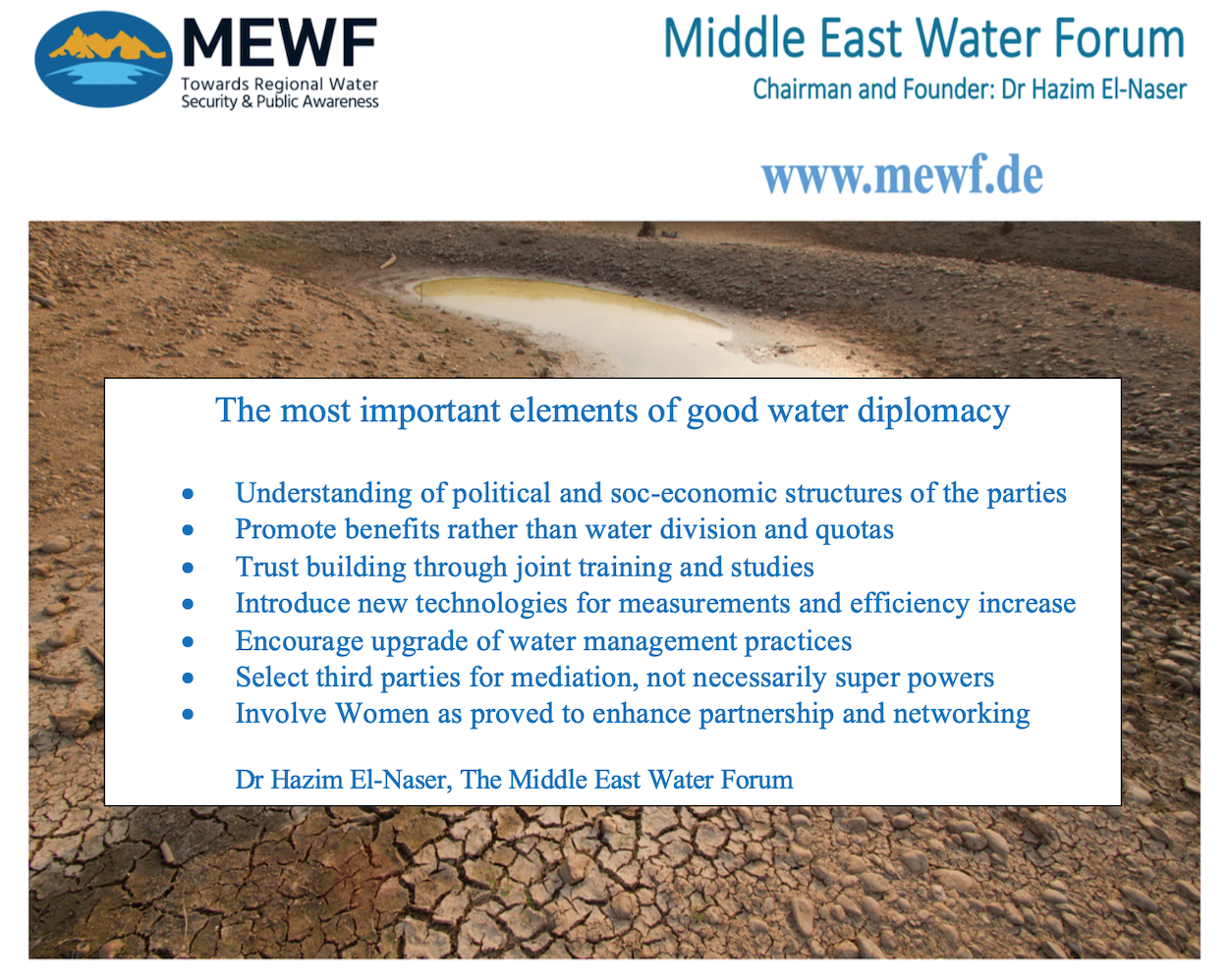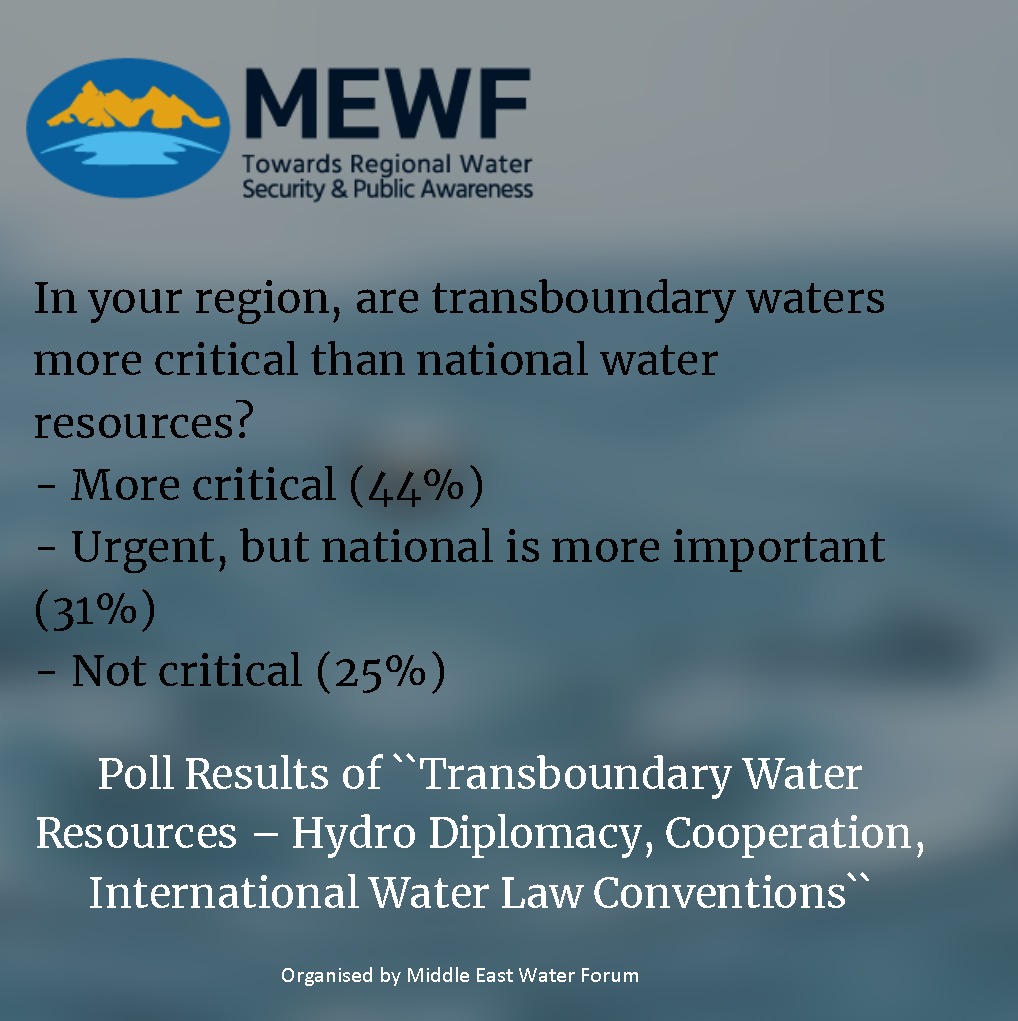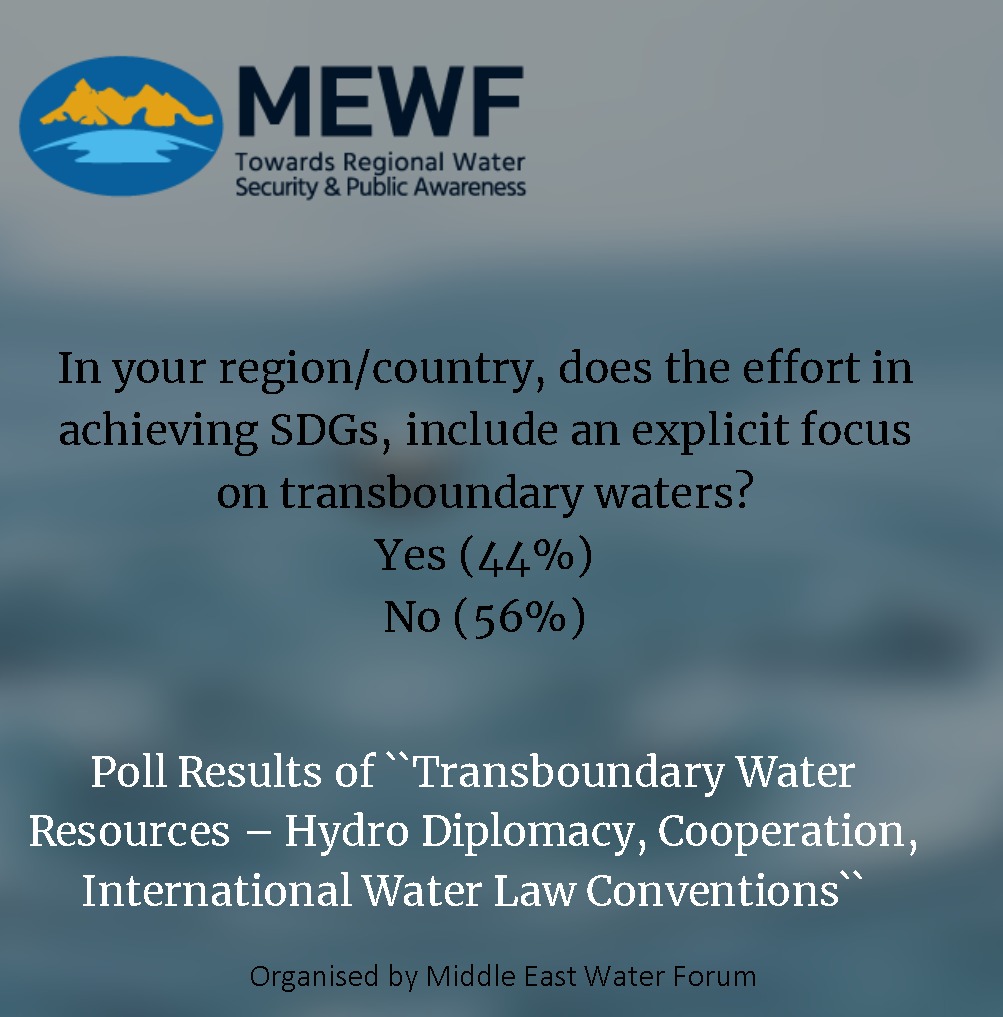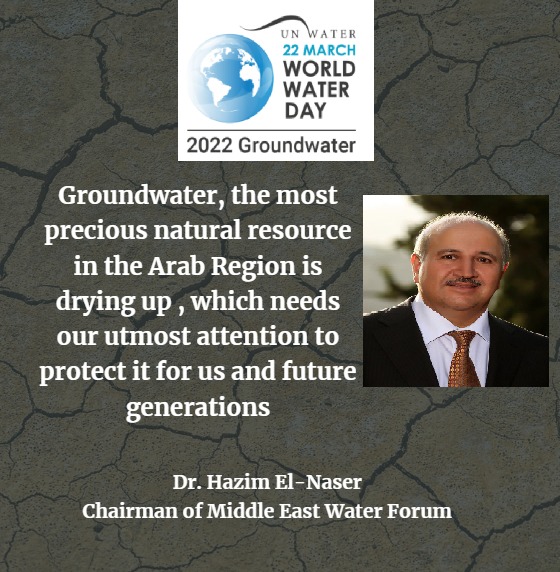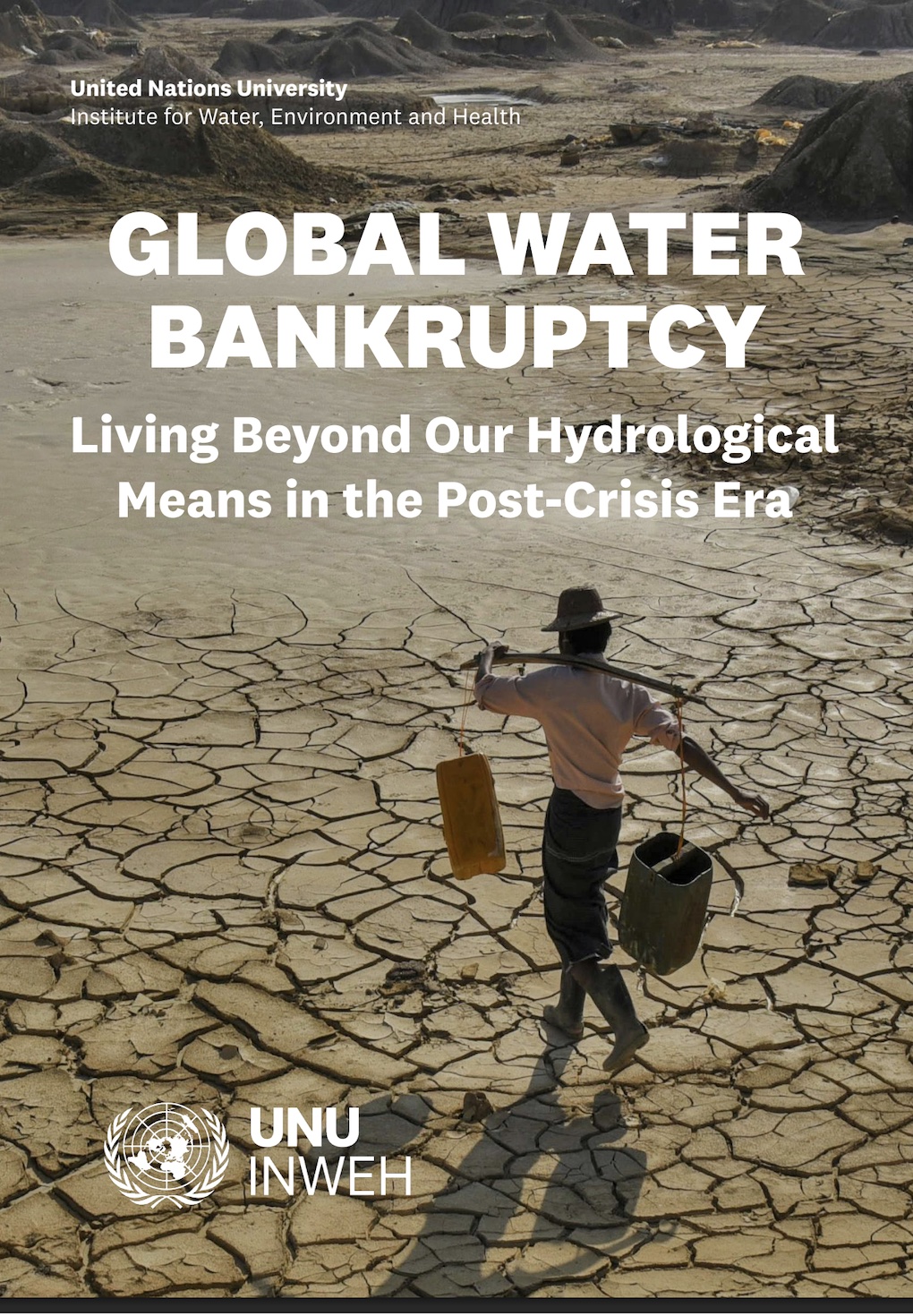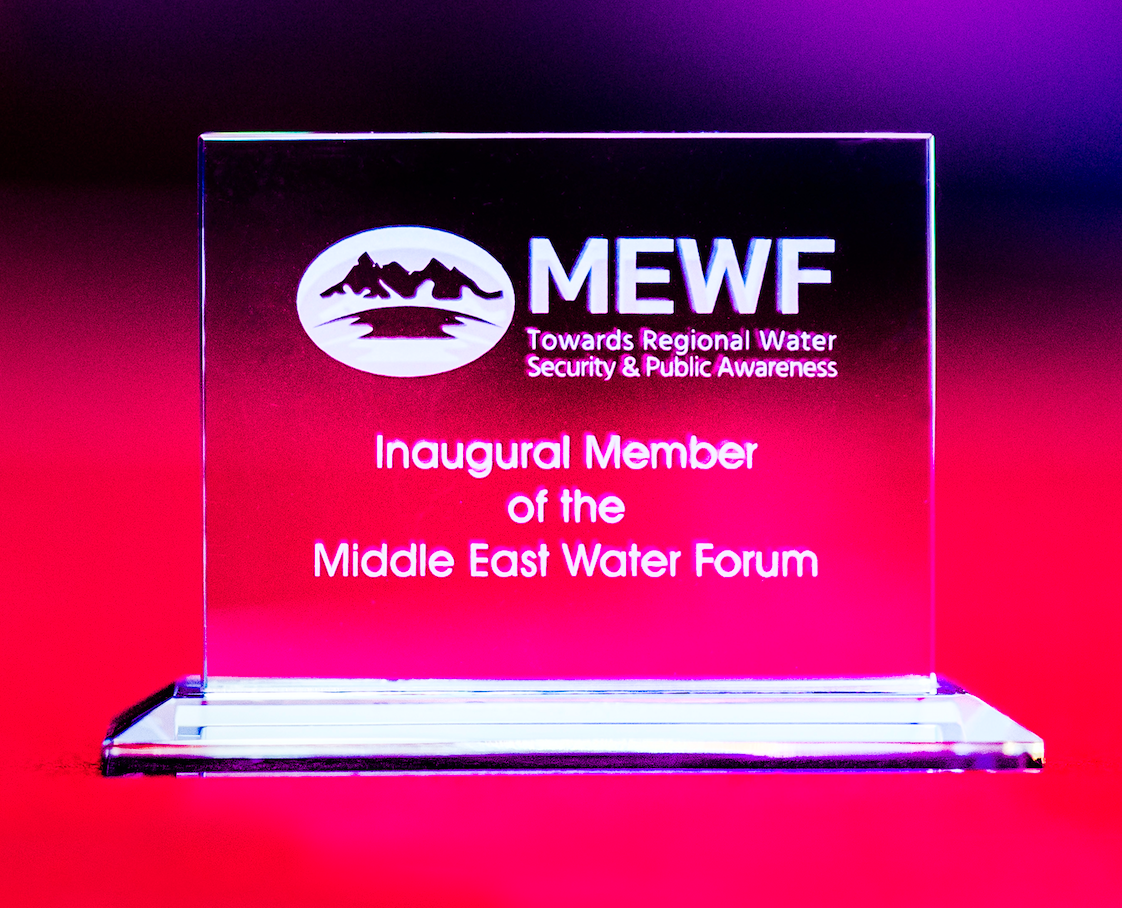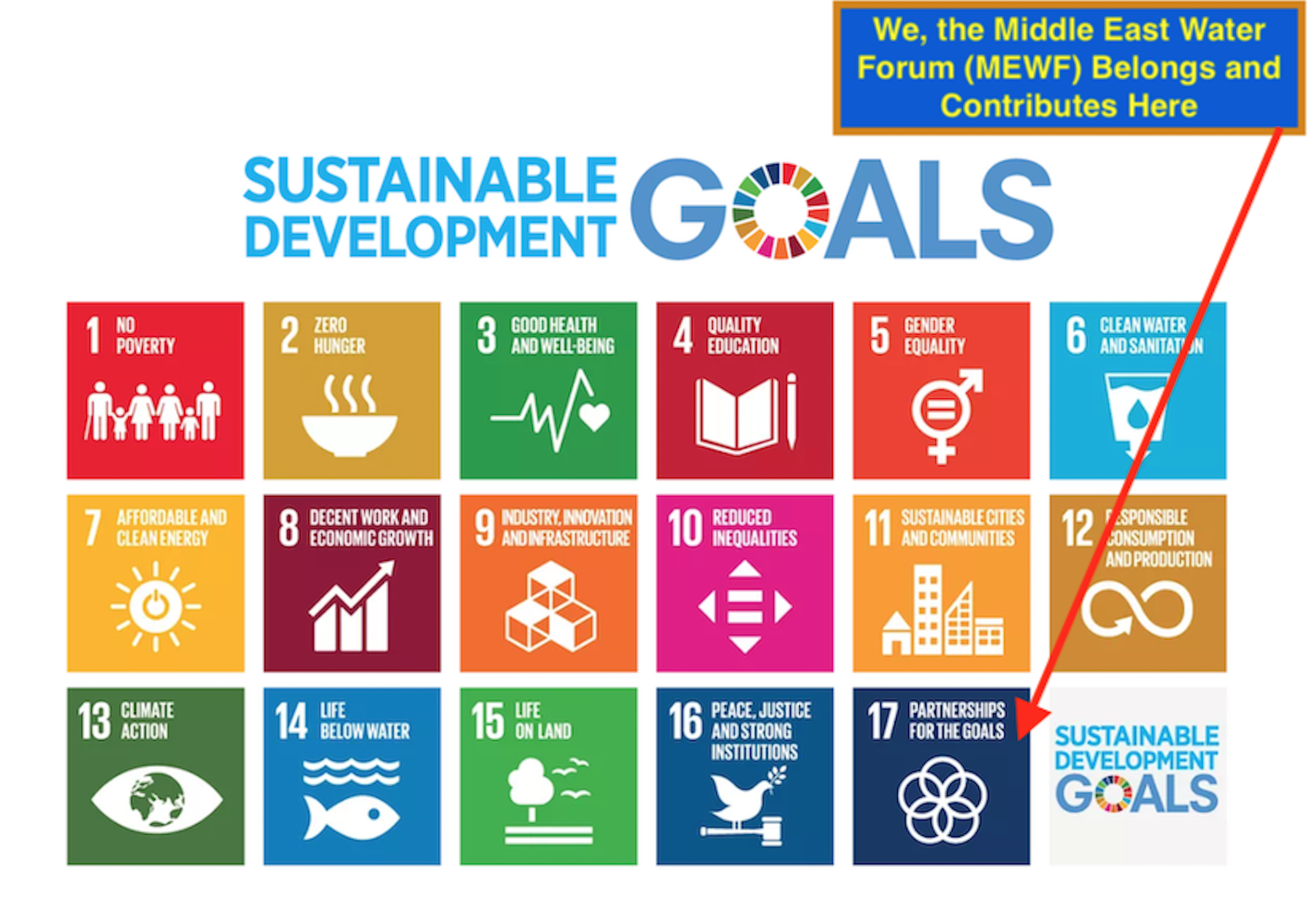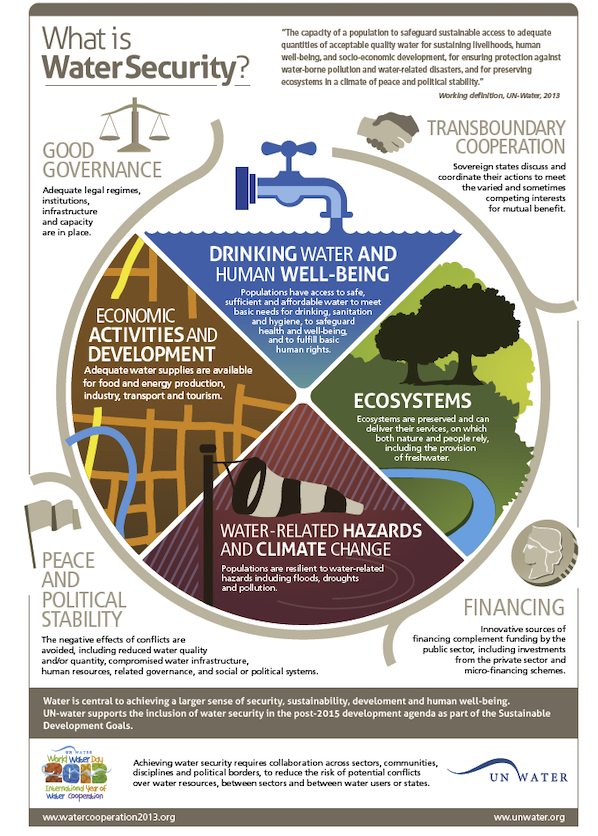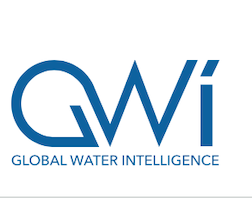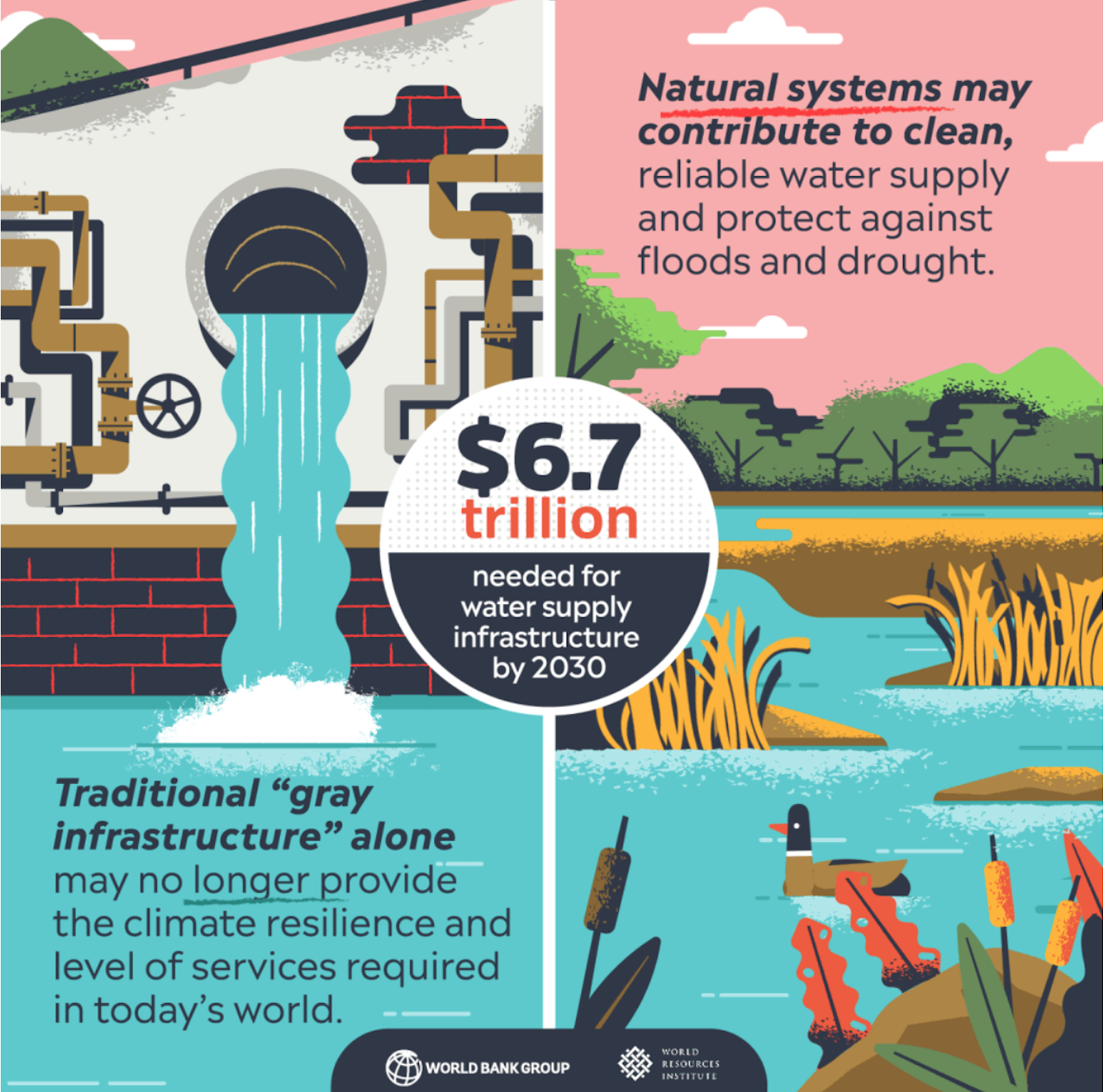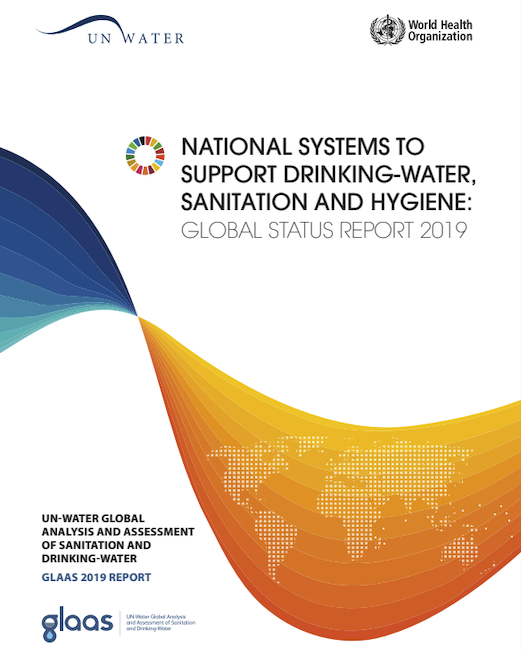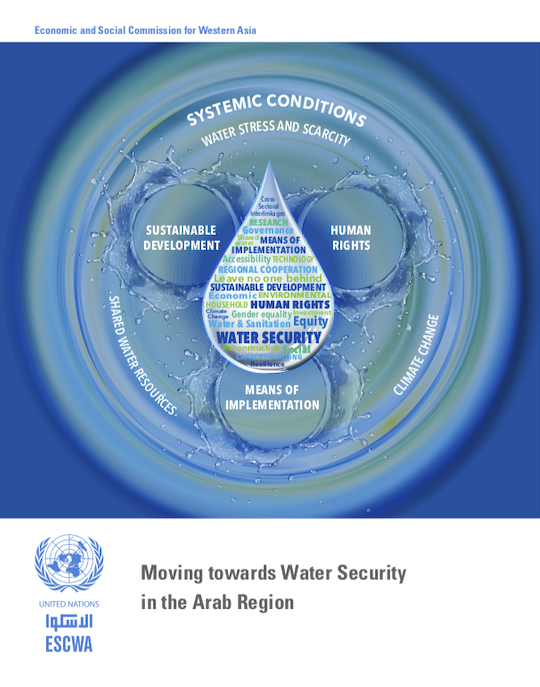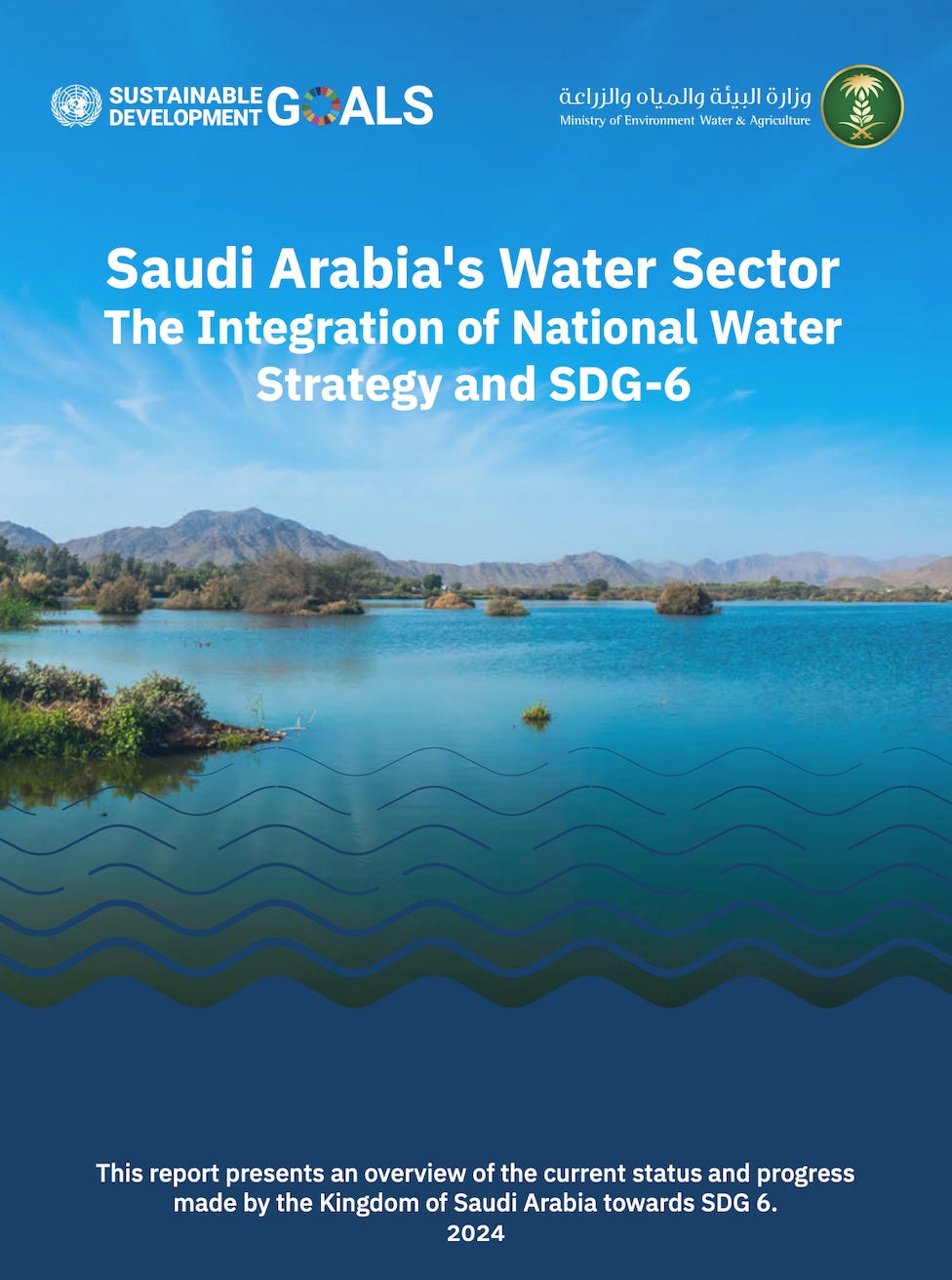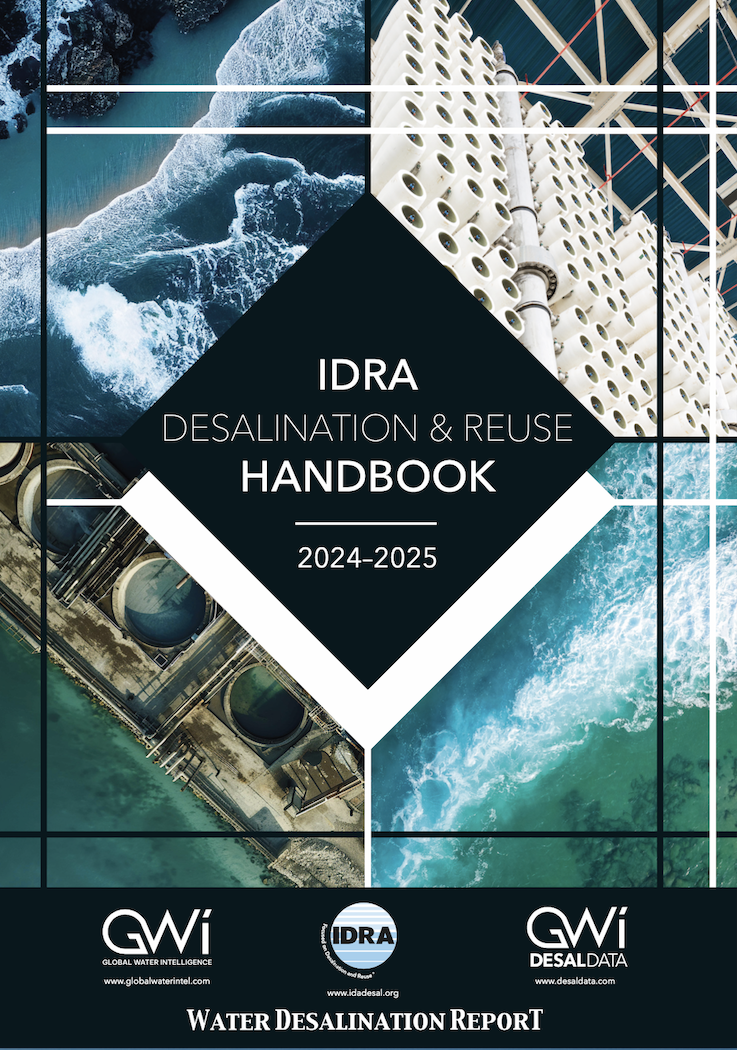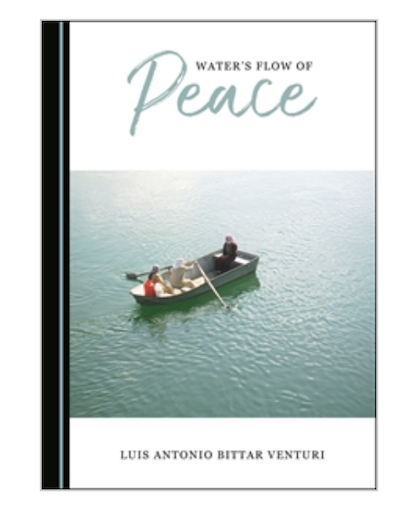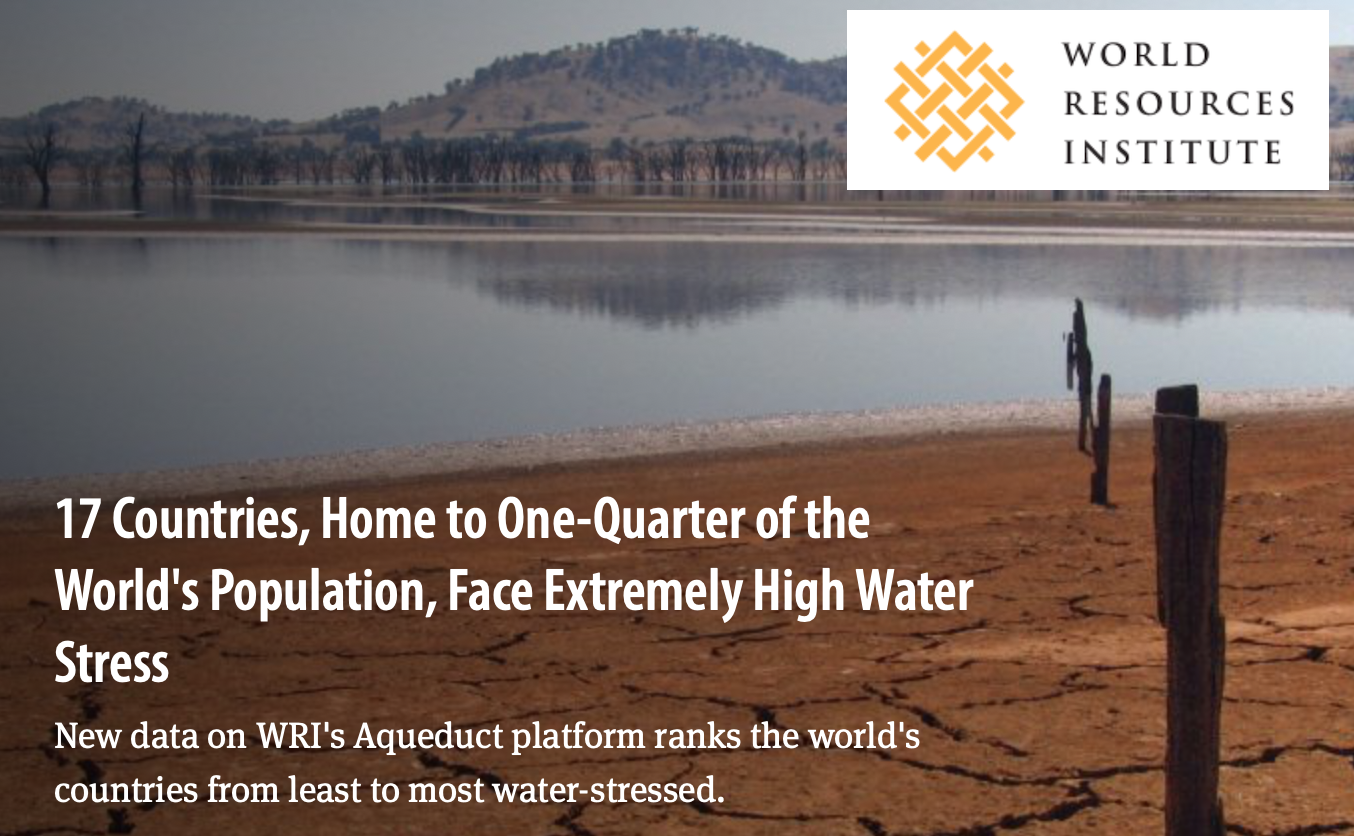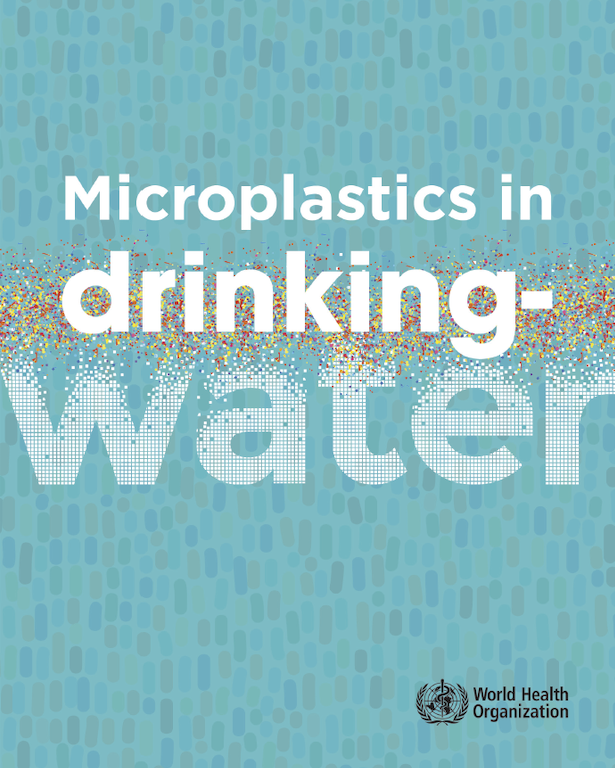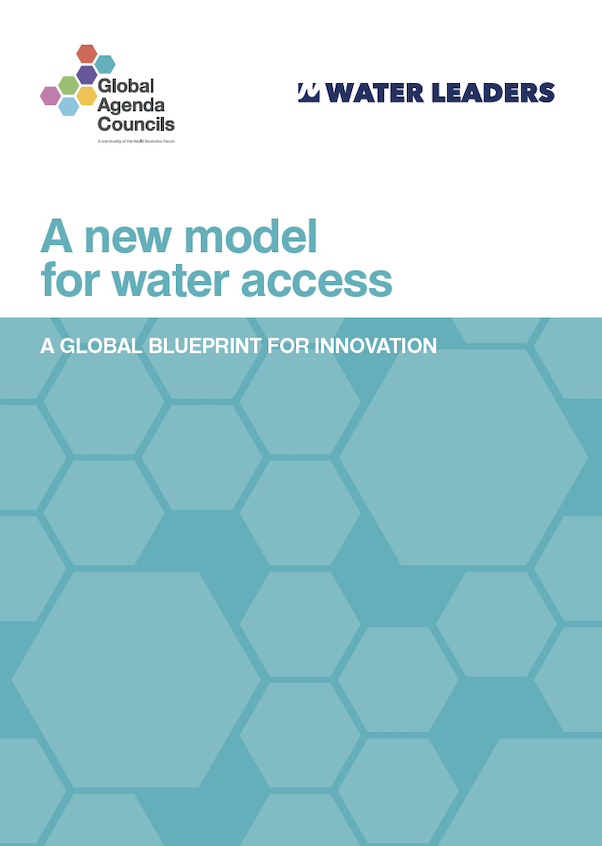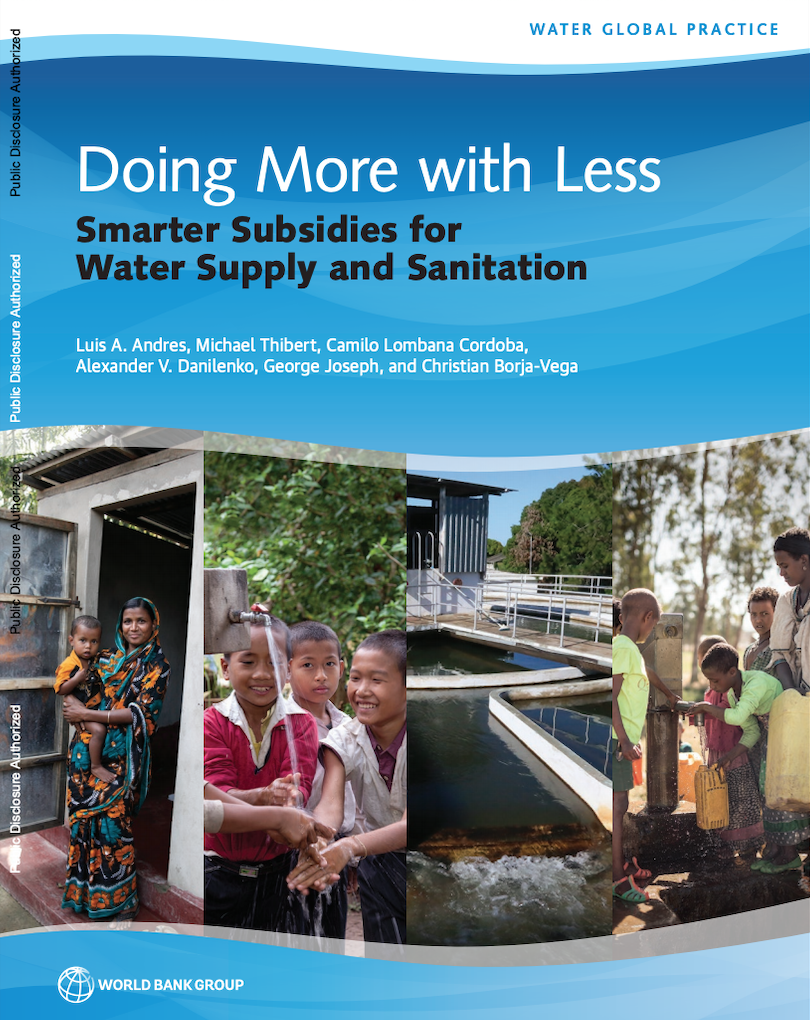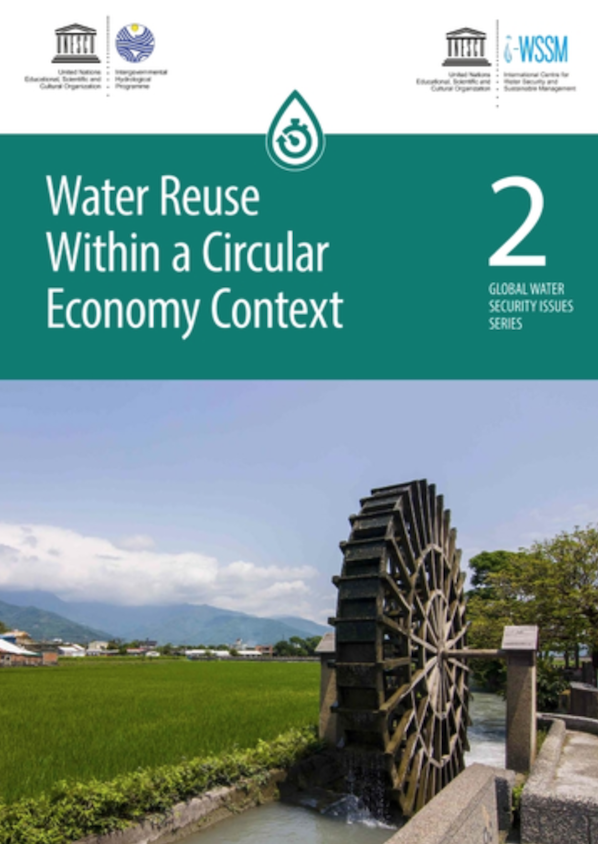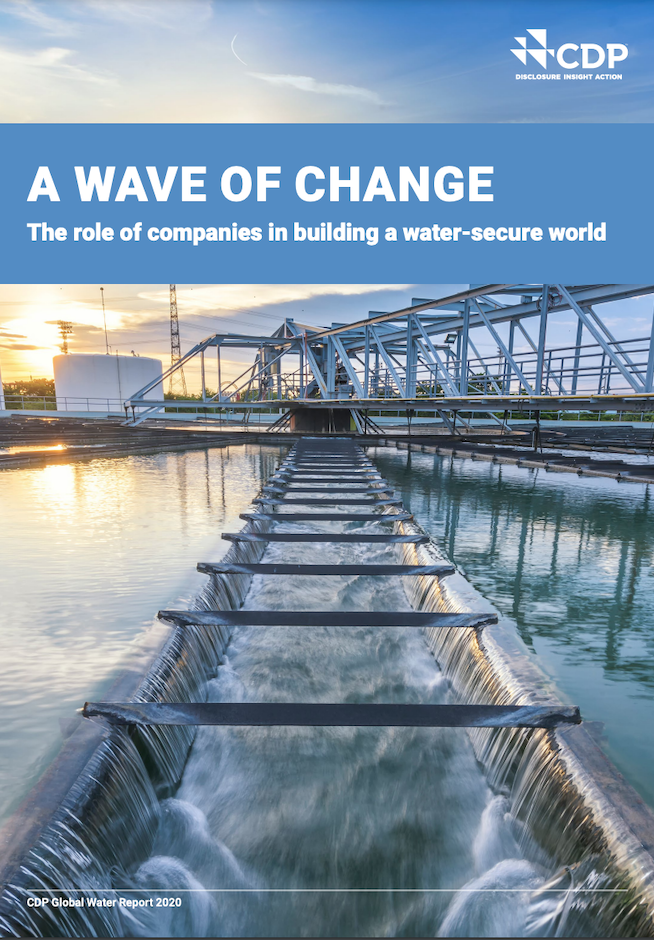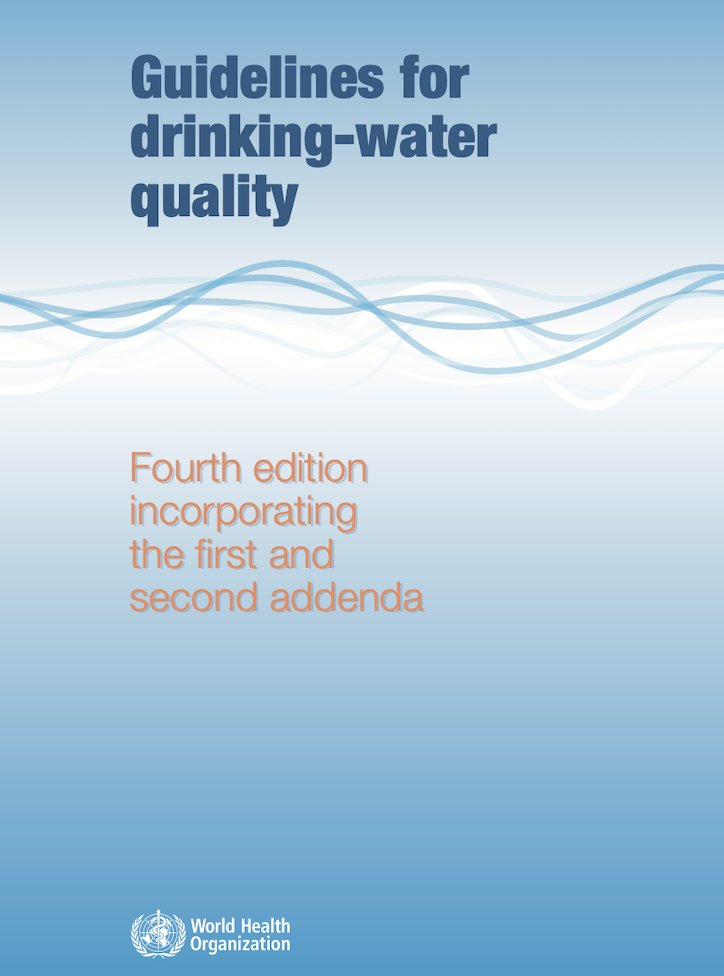Access to clean, safe drinking water is essential for maintaining health and well-being. With concerns about water contamination on the rise, investing in a home water purifier has become increasingly common. However, with a plethora of options available in the market, choosing the right type of purifier for your home can be daunting. In this blog post, we'll explore the various types of water purifiers best suited for home installation, helping you make an informed decision to safeguard your family's health.
Reverse Osmosis (RO) Water Purifiers:
Reverse osmosis (RO) water purifiers are highly effective at removing a wide range of contaminants from water, including heavy metals, dissolved solids, and pathogens. These purifiers use a semipermeable membrane to filter out impurities, leaving you with clean, purified water. RO purifiers are ideal for homes with poor water quality or high levels of dissolved solids. However, they may also remove essential minerals from the water, requiring re-mineralization for optimal taste and health benefits.
Ultraviolet (UV) Water Purifiers:
UV water purifiers utilize ultraviolet light to disinfect water by neutralizing harmful bacteria, viruses, and other pathogens. Unlike traditional filtration methods, UV purifiers do not remove physical impurities from the water but instead focus on eliminating microbiological contaminants. UV purifiers are effective at destroying a wide range of waterborne pathogens, making them an excellent choice for homes receiving microbiologically safe water from municipal sources or wells.
Activated Carbon Water Filters:
Activated carbon filters are designed to adsorb and remove organic compounds, chlorine, volatile organic compounds (VOCs), and other impurities from water. These filters use activated carbon, which has a large surface area and high adsorption capacity, to trap contaminants as water passes through.
Activated carbon filters are known for improving the taste and odor of water, making them a popular choice for homes supplied with chlorinated water. However, they may not be as effective at removing dissolved minerals or heavy metals as RO purifiers.
Gravity-Based Water Purifiers:
Gravity-based water purifiers rely on the force of gravity to filter water through various filtration media, such as activated carbon, ceramic, and sediment filters. These purifiers do not require electricity and are easy to maintain, making them suitable for areas with unreliable power supplies or limited access to clean water.
Gravity-based purifiers are effective at removing physical impurities, sediment, and some microbial contaminants, providing an affordable and sustainable solution for households in rural or off-grid locations.
Multi-Stage Water Purification Systems:
Multi-stage water purification systems combine multiple purification technologies, such as RO, UV, activated carbon, and sediment filtration, to provide comprehensive water treatment. These systems offer the benefits of different purification methods while addressing a broader range of contaminants.
Multi-stage purifiers are ideal for homes where water quality varies or multiple contaminants need to be addressed simultaneously. However, they may be more expensive upfront and require regular maintenance to ensure optimal performance.
Conclusion:
Choosing the best water purifier for your home depends on various factors, including water quality, contaminant levels, budget, and personal preferences. By understanding the different types of purifiers available and their respective pros and cons, you can make an informed decision to ensure access to clean, safe drinking water for you and your family. Remember to consider your specific needs and consult with a water treatment expert if necessary to find the perfect solution for your home.

